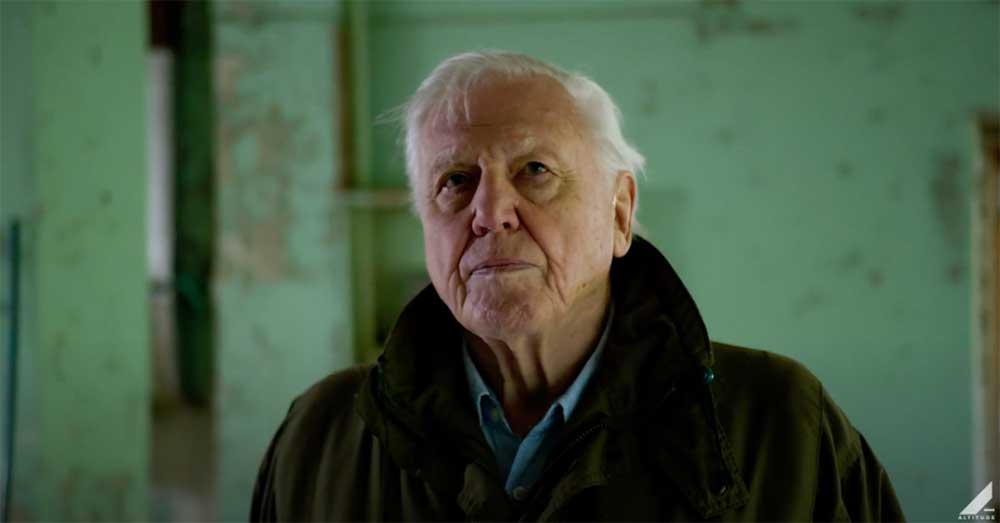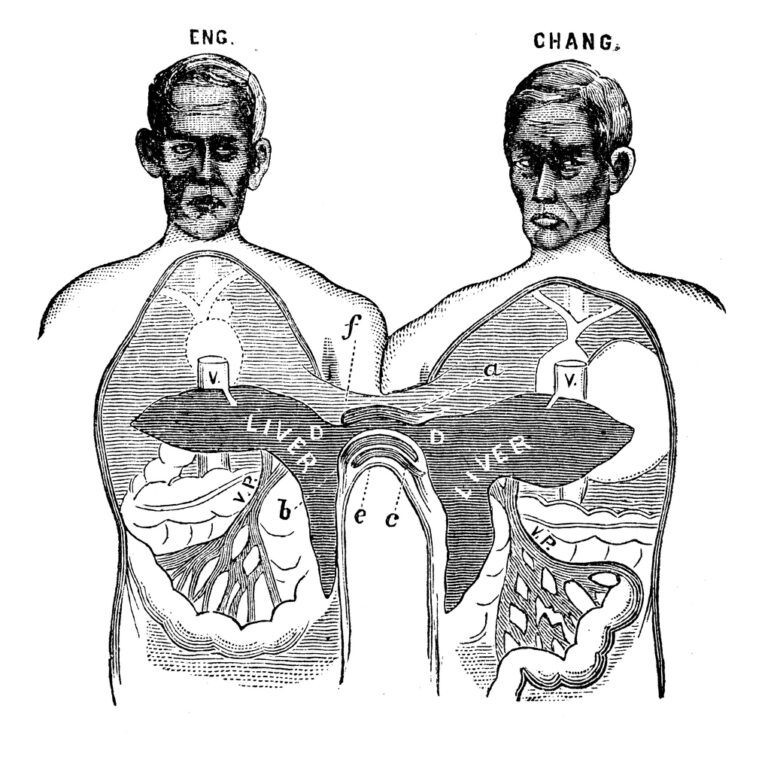The 97-year-old BBC biologist has been teaching us about nature on television for eight decades, narrating shows such ‘Blue Planet’, ‘Life on Earth’ and ‘The Private Life of Plants’.
He returns to our screens shortly with ‘Planet Earth III’. The new eight-episode series is the third instalment of the landmark award-winning programme following some of the world’s most amazing species.
But Sir David believes that less is more when it comes to what he adds to the scenes of wildlife because “a picture is more powerful than a spoken word”.
Speaking to BBC Wildlife Magazine, he said: “You mustn’t be too wordy.
“The one key, I think, is that a picture is more powerful than a spoken word, and if you give people the two things, the thing that they remember is the picture.
“You can’t ignore pictures. I don’t think you could generalise, but you should remember that pictures are more powerful than words.”
David also revealed that he often tosses his script aside in the recording booth to improve the shows.
He said: “Having written a commentary, the first thing to do is to carefully see what you can get rid of.”
Filmed over the course of nearly five years, the new series uses pioneering filmmaking technology to reveal the greatest wonders of life on earth. Lightweight drones, high-speed cameras and remotely operated deep-sea submersibles transport viewers to spectacular unseen landscapes, from remote jungle to scorching deserts, and from the darkest caves to the depths of the ocean.
Speaking about how impressed he is with the technological advancements in filming technology in recent years, and all of the possibilities it allows, David said: “The drone is now quite small. It carries a camera, it carries a transmitter, and it can go anywhere.
“It can take you and show you sites that human eyes have simply never seen before – and answer all kinds of questions.
“It’s really quite extraordinary.”
Nearly two decades since the original series of Planet Earth aired on BBC One, the series reveals how science and technology has advanced, but also how our planet has changed.
In a statement announcing the show, the nonagenarian says viewers will witness rare, spectacular wonders, and reveal breath-taking animal dramas, but also humanity’s impact on the creatures’ habitats.
“The natural world continues to surprise us, but since Darwin’s time it has changed beyond recognition, being transformed by a powerful force – us,” he says.
“We will see how animals are adapting in extraordinary ways, to survive the new challenges they face. At this crucial time in our history, we must now look at the world through a new lens.”
Meanwhile, Planet Earth III’s producer has revealed the crew of the series had broken the ‘golden rule’ of wildlife documentary production, to rescue turtles trapped in a net.
Matt Brandon told The Times: ‘I think the rules are changing. What we’re seeing now is that many of the things that our crews are witnessing around the world are no longer natural.’
The new season is said to feature scenes where camera crews help rescue animals from dangerous situations. According to reports, viewers will see wildlife being untangled from plastic litter, sealions being rescued from fishing nets and tired turtles being helped into the sea.







